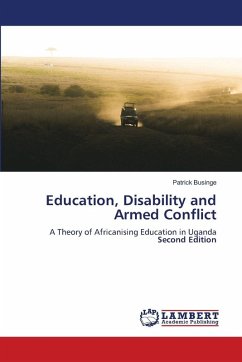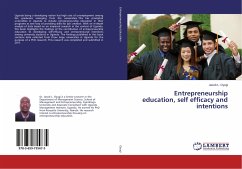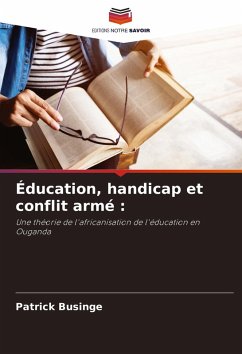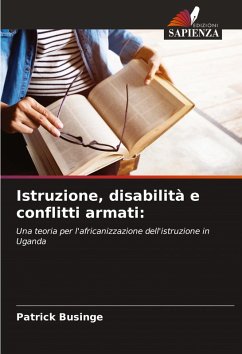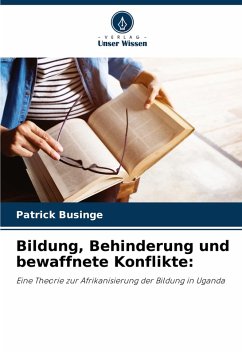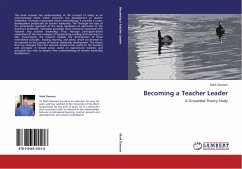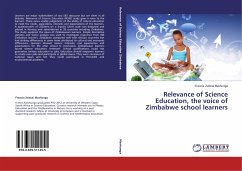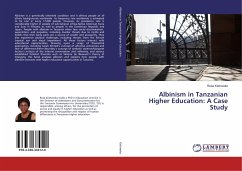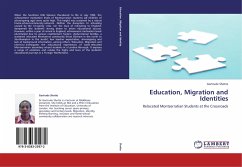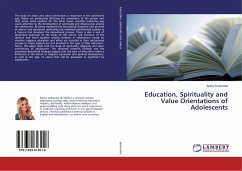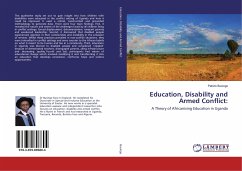
Education, Disability and Armed Conflict:
A Theory of Africanising Education in Uganda
Versandkostenfrei!
Versandfertig in 6-10 Tagen
28,99 €
inkl. MwSt.

PAYBACK Punkte
14 °P sammeln!
This qualitative study set out to gain insight into how children with disabilities were educated in the conflict setting of Uganda and how it could be improved. It used a critical, constructivist and grounded methodology to generate data. There were four main findings. First, it revealed the nature and extent of the challenges faced by all children living in conflict settings: forced displacement, dehumanisation, rampant poverty and weakened leadership. Second, it discovered that disabled people experienced rejection in their communities and invisibility in the provision of services. Whilst th...
This qualitative study set out to gain insight into how children with disabilities were educated in the conflict setting of Uganda and how it could be improved. It used a critical, constructivist and grounded methodology to generate data. There were four main findings. First, it revealed the nature and extent of the challenges faced by all children living in conflict settings: forced displacement, dehumanisation, rampant poverty and weakened leadership. Second, it discovered that disabled people experienced rejection in their communities and invisibility in the provision of services. Whilst these practices prevailed in non-conflict situations, they were intensified in conflict settings and were counter to the African beliefs on what it meant to be human and live in a community. Third, education in Uganda was likened to disabled people and considered 'crippled' because of demotivated teachers, disengaged parents, ailing infrastructure and decreasing quality. Fourth and last, participants had visions of educational change which involved modifying it and transforming it into an education that develops conscience, reinforces hope and widens opportunities.



